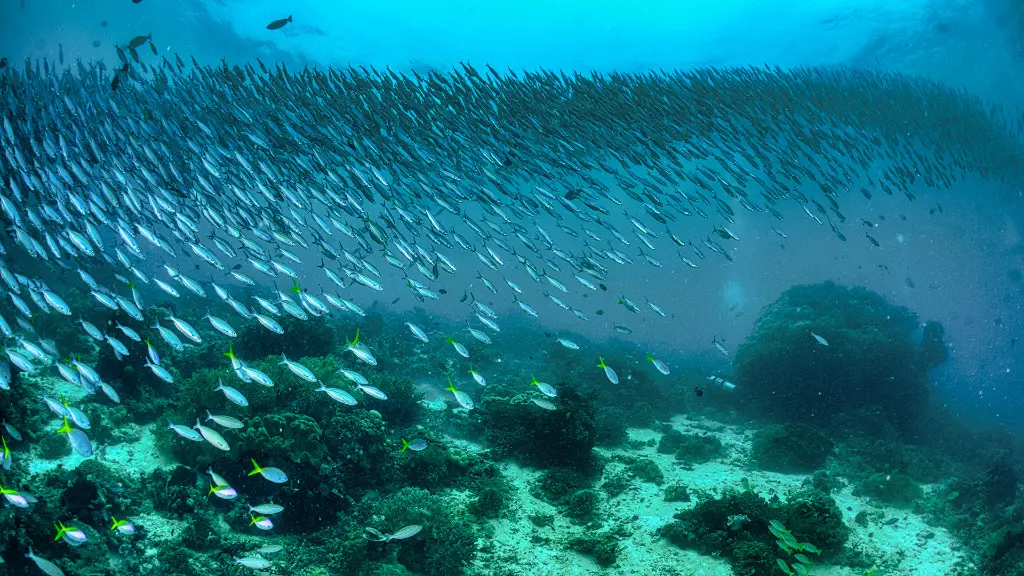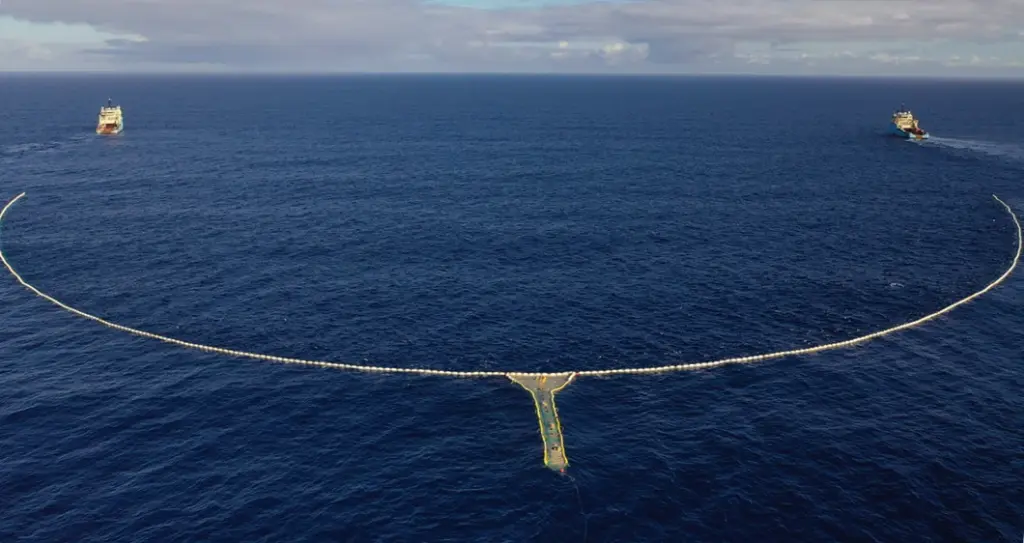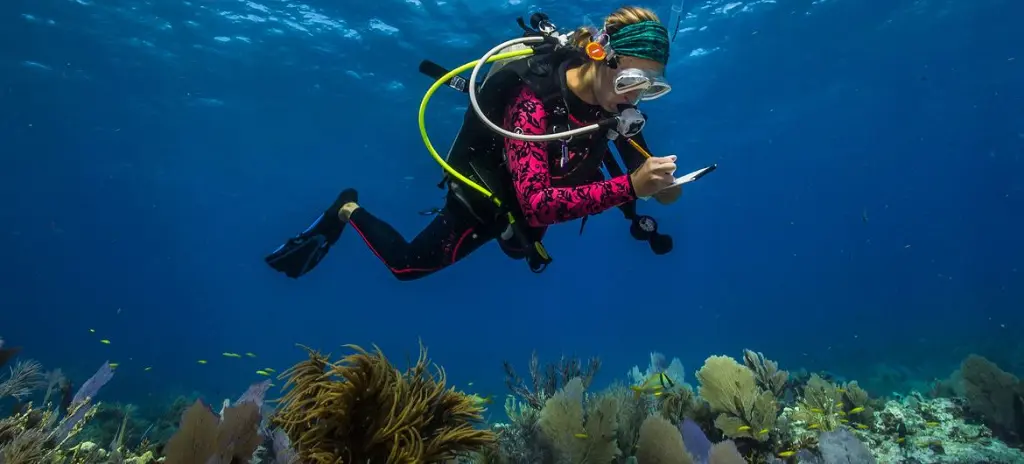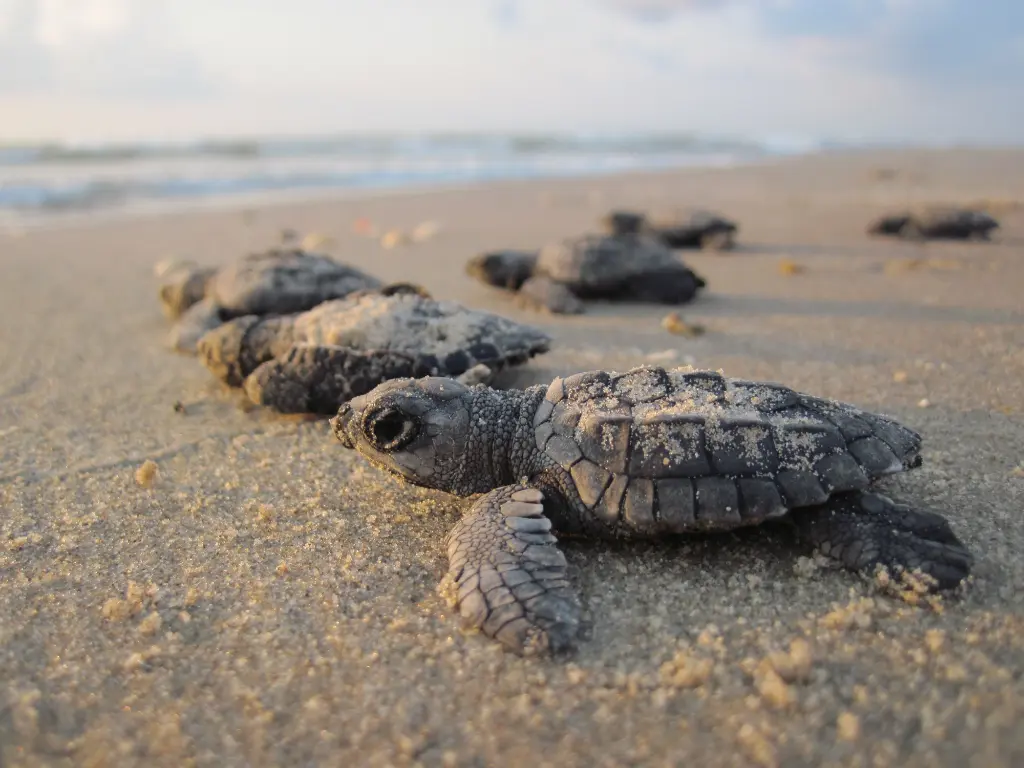Our oceans are vital to the health of our planet and the well-being of humanity. They provide food, regulate climate, and support countless species. However, marine life is facing unprecedented threats. This article will explore these threats and offer practical steps you can take to help us protect our marine life for generations to come.
Why Marine Life Matters
The ocean is more than just a pretty view; it’s a critical ecosystem. It provides us with oxygen, absorbs carbon dioxide, and helps to regulate global temperatures. Marine life, from the smallest plankton to the largest whales, plays a crucial role in maintaining this delicate balance. Losing species weakens the entire system and impacts us all.
The Ocean’s Role in Our Lives
- Food Source: Fish and seafood are staple foods for billions of people.
- Climate Regulation: The ocean absorbs vast amounts of carbon dioxide and heat.
- Economic Importance: Tourism, fishing, and shipping industries depend on healthy oceans.
- Biodiversity: The ocean is home to an astonishing variety of life.
The Threats Facing Marine Life
Unfortunately, human activities are putting immense pressure on marine ecosystems. Understanding these threats is the first step towards addressing them.
Pollution: A Silent Killer
Pollution comes in many forms, all detrimental to marine life. Plastic waste, chemical runoff, and oil spills contaminate the ocean, harming animals and disrupting ecosystems.
- Plastic Pollution: Animals ingest plastic, leading to starvation and entanglement.
- Chemical Runoff: Fertilizers and pesticides pollute coastal waters, creating “dead zones.”
- Oil Spills: Devastating to marine life, coating animals and poisoning habitats.
Overfishing: Depleting Resources
Unsustainable fishing practices are depleting fish populations and disrupting marine food webs. Many species are being caught faster than they can reproduce, leading to their decline.
Bottom trawling, a particularly destructive practice, damages seafloor habitats and catches non-target species (bycatch).
Climate Change: A Warming World
The ocean is absorbing excess heat from the atmosphere, leading to rising sea temperatures and ocean acidification. These changes are harming marine life in numerous ways.
- Coral Bleaching: Warmer waters cause corals to expel algae, leading to bleaching and death.
- Ocean Acidification: Increased carbon dioxide levels make the ocean more acidic, harming shellfish and other marine organisms.
- Sea Level Rise: Threatens coastal habitats and communities.
What You Can Do to Help
Even small actions can make a big difference. Here are some practical steps you can take to protect marine life:
Reduce Your Plastic Consumption
Plastic pollution is a major threat to marine life. By reducing your plastic use, you can help prevent it from entering the ocean.
- Use reusable bags, water bottles, and coffee cups.
- Say no to single-use plastics like straws and plastic cutlery.
- Recycle properly.
- Support businesses that use sustainable packaging.
Choose Sustainable Seafood
Support sustainable fishing practices by choosing seafood that is responsibly sourced.
- Look for certifications like the Marine Stewardship Council (MSC) label.
- Choose locally caught seafood when possible.
- Avoid consuming endangered or overfished species.
Reduce Your Carbon Footprint
Climate change is harming marine life. By reducing your carbon footprint, you can help slow down the rate of global warming.
- Use public transportation, bike, or walk instead of driving.
- Conserve energy at home.
- Support renewable energy sources.
- Reduce meat consumption.
Support Marine Conservation Organizations
Many organizations are working to protect marine life. Support their efforts through donations, volunteering, or advocacy.
Look for reputable organizations with a proven track record of success.
Educate Yourself and Others
The more people who understand the importance of marine life, the more likely we are to protect it. Share your knowledge with friends, family, and colleagues.
Stay informed about the latest research and conservation efforts.
Conclusion: A Collective Responsibility
Protecting our marine life is a shared responsibility. By making small changes in our daily lives and supporting conservation efforts, we can help us protect our marine life for generations to come. Let’s work together to ensure that our oceans remain healthy and vibrant for years to come.




